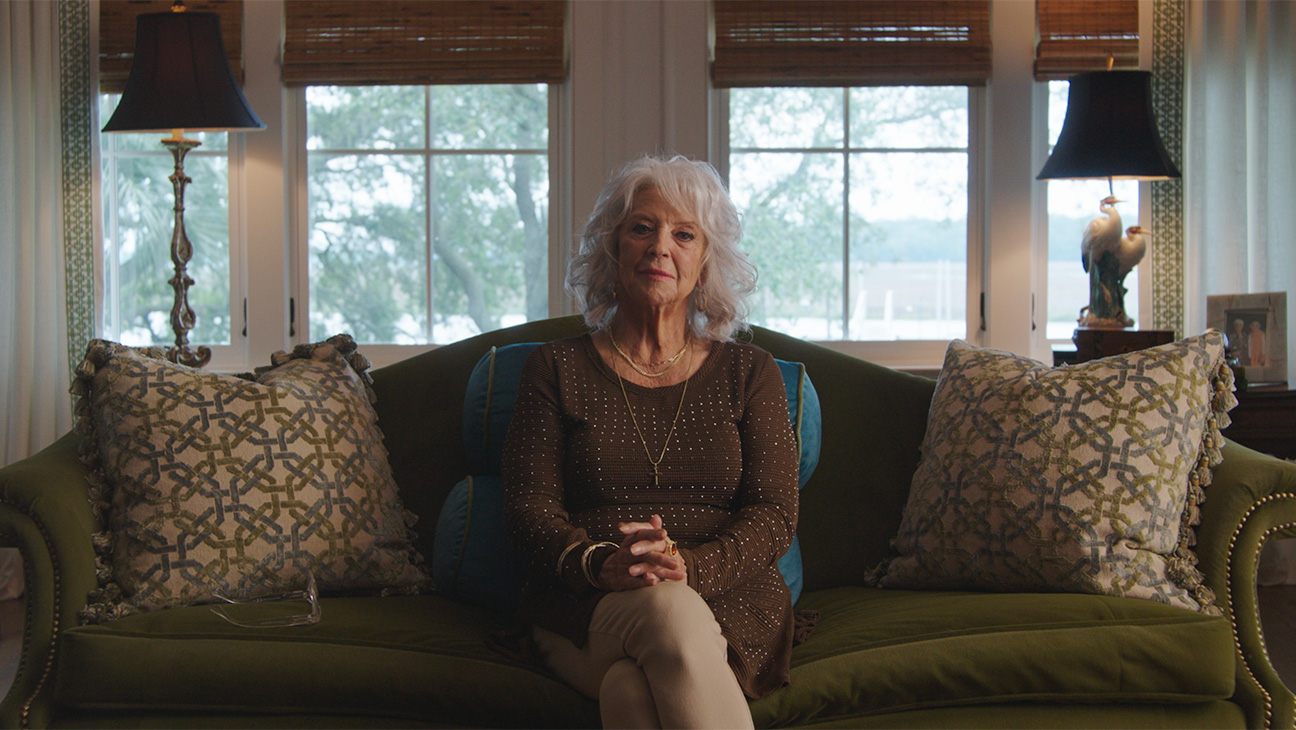UPDATE: The documentary Canceled: The Paula Deen Story is making headlines as it explores the controversial life of disgraced chef Paula Deen. Directed by Billy Corben, this film dives deep into the scandals that led to Deen’s public downfall, raising urgent questions about the nature of cancel culture today.
In an exclusive interview, Bobby Deen, Paula’s son, expressed his skepticism about the need for such a documentary, questioning, “Why do you need a documentary?” His concerns reflect a broader sentiment, as audiences grapple with the implications of Deen’s past controversies and whether this film truly offers a meaningful perspective.
The 103-minute documentary, which premiered recently, attempts to portray Deen in a more sympathetic light, focusing on her rise from a troubled upbringing to a culinary empire. However, critics argue that it falls short of addressing the deeper issues surrounding accountability and the impact of her actions. Deen’s past, particularly her involvement in a discrimination lawsuit surrounding the use of the N-word, is central to the narrative.
As the film unfolds, it highlights Deen’s personal struggles, including her battle with depression and agoraphobia, but critics note that it often glosses over the severity of her scandals. Michael Twitty, a food historian featured in the film, offers poignant insights, suggesting that the real issue may not be cancel culture, but rather accountability. “I think it’s less about cancelation and more about accountability,” Twitty states, emphasizing the need for a nuanced conversation.
Critically, the documentary has been described as a series of excuses rather than a thorough examination of Deen’s actions and their consequences. While the film introduces important topics, it fails to engage with the significant backlash Deen faced after her racially charged remarks, which many argue were downplayed in the narrative.
Corben’s direction raises questions about whether the film is a genuine attempt to understand Deen’s legacy or merely a platform for her to provide justifications. Viewers are left wondering why Deen’s numerous apologies did not resonate with the public, leading to her absence from television and the media landscape.
As conversations around cancel culture intensify, the documentary serves as a reminder of the complexities involved. Deen’s story is not just about personal failure but also about societal reactions to racial insensitivity. Critics argue that without a thorough investigation into these dynamics, the film misses an opportunity to fully engage with the implications of Deen’s actions.
The documentary raises urgent questions about what it means to be “canceled” in today’s society, particularly in the context of race and accountability. With many viewers sharing mixed reactions, Canceled: The Paula Deen Story is set to spark discussions around its portrayal of a complex figure in the culinary world.
As this story develops, audiences are encouraged to reflect on the implications of Deen’s narrative and the broader context of accountability in our society. Will this documentary change the way we perceive cancel culture, or will it merely reinforce existing narratives?
Stay tuned for updates as this conversation unfolds and more reactions come in from viewers and critics alike. This film is more than just a story about a chef—it’s a commentary on our collective responsibility to hold public figures accountable.
